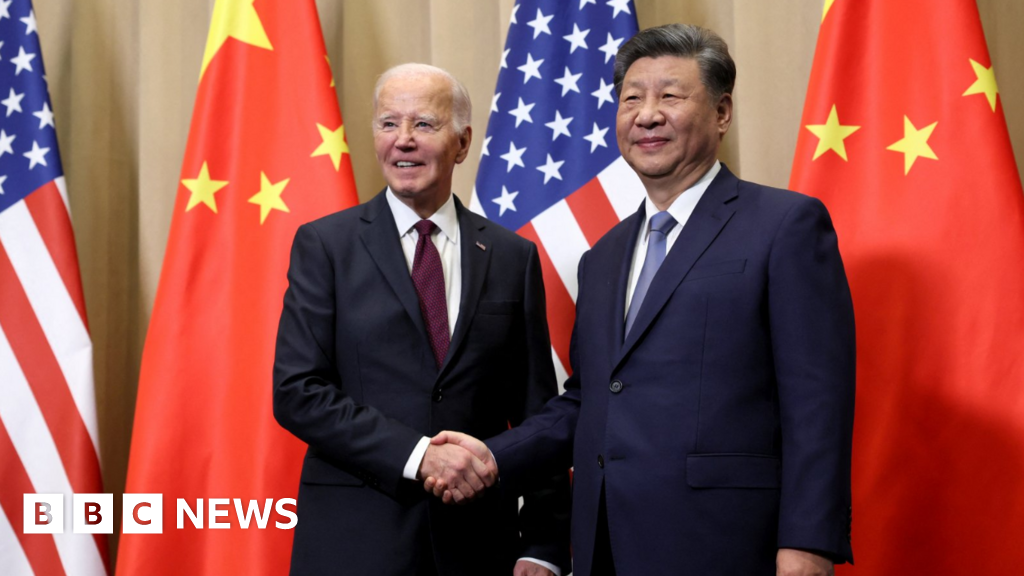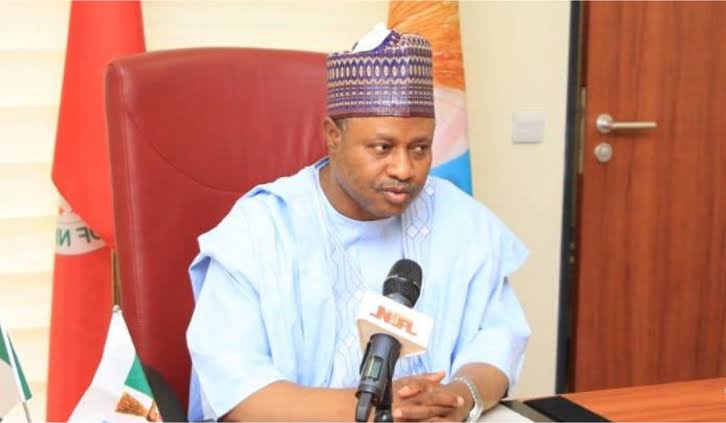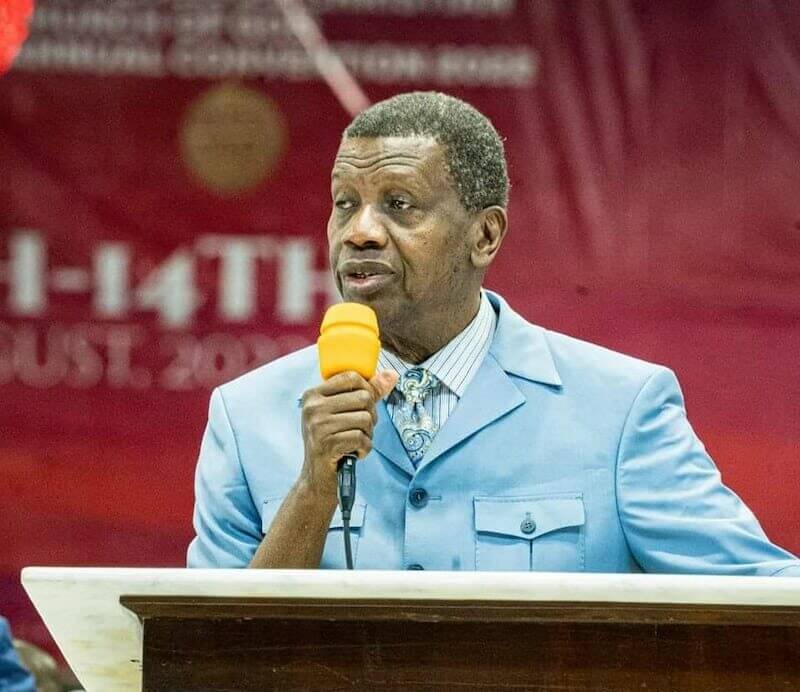The Nigerian Baptist Convention has written an open letter to President Bola Tinubu, urging him to take seriously the early signs of danger in the country and find realistic solutions to the economic hardship.
This was made known in an open letter by the Convention’s President, Rev Israel Akanji, on Friday, amid the ongoing #EndBadGovernance nationwide protest.
He emphasised the need for the government to be seen as working to address the people’s struggles, appealing for patience and understanding.
Akanji said in part, “The three tiers of the government have to accept and acknowledge the fact that there is hardship in the land and come up with realistic ways of leading the nation out of the problems at such a time as this.
Akanji emphasised the need for the government to be seen as working to address the people’s struggles, appealing for patience and understanding, noting that the current palliatives being released are insufficient, likening them to “a drop in the mighty ocean of our problems.”
“Government should be clearly seen to be appealing to the people of our country for more patience as they work assiduously to engage and ameliorate the hardship in the land. The current palliatives being released can be likened to only a drop in the mighty ocean of our problems,” he said.
Akanji suggested that the government should further address the security situation in the country to return farmers to their farms, thereby curbing food insecurity.“Government should further address the security situation in the country with a view to returning farmers to their farms in order to curb food insecurity in the country,” he added.
He also advocated for mobilising youths with incentives to make farming attractive before the rainy season ceases.
“Government at all levels should mobilise our teaming Youths with incentives to make farming attractive before the rainy season ceases. They should also assist directly in bringing back the culture of storing farm produce in the silos nationwide,” he said.
Akanji recommended that the government create employment and entrepreneurship opportunities for the country’s youth.
He suggested bringing tax holidays and other incentives to the industrial and business sectors, particularly to bring back all small and big industries that have left the country, which would generate massive employment.
Additionally, Akanji urged the government to revisit the fuel subsidy removal by significantly reducing the current price of all fuel products in the country.
He said, “Government should revisit the fuel subsidy removal by significantly reducing the current price of all fuel products in the country.”
He also advised the government to direct the Apex Bank to rescue the Naira from unending depreciation, noting that no country allows its currency to fade away.
“The government should direct the Apex Bank to rescue the Naira from unending depreciation. No country allows her currency to fade away,” he said.
Akanji emphasized the need for political officeholders to reflect the reality on the ground in the nation, particularly in areas of emoluments and benefits.

He suggested that governments at all levels should follow the footsteps of the House of Representatives that reduced the wages of its members and that the Federal Executive Council should also do the same if the number of the cabinet cannot be reduced.
The NBC President also stressed the importance of carrying traditional rulers, religious leaders, and other stakeholders along before introducing policies that can trigger protests.
He noted that doing so after things have gone out of hand is an indication of repeating past mistakes.
Akanji urged the government to facilitate dialogue with all stakeholders to douse the current tension in the country.
He emphasised that the government should take all early warning signals of danger seriously, noting that if the cries and calls of the masses had been respected and given the urgent attention they deserved, the country would not have reached the current level of crisis.
Akanji also urged the government to maintain constant communication with the people of the country, explaining situations and answering questions being asked.
He noted that silence, when speech is needed, is not helpful for a generation, which constantly thrives on information.

 3 months ago
56
3 months ago
56















 English (US) ·
English (US) ·